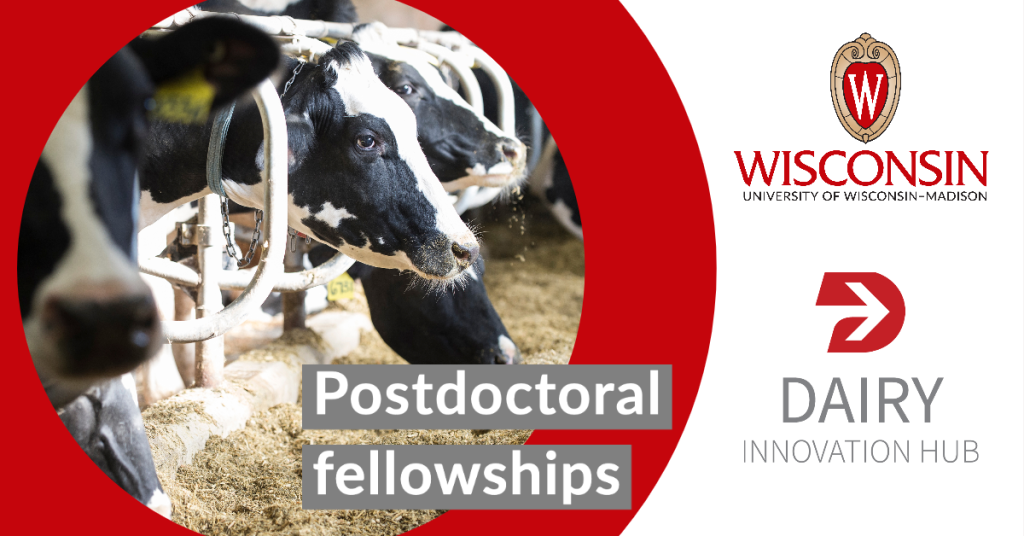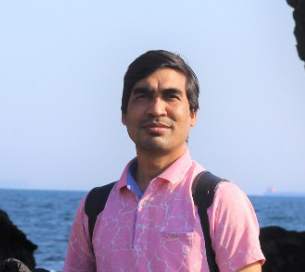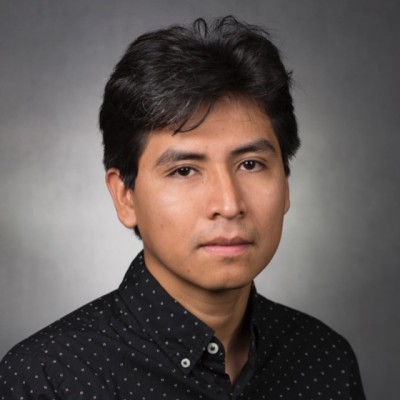
The University of Wisconsin–Madison College of Agricultural and Life Sciences (CALS) recently announced a third cohort of six, two-year postdoctoral fellowships to help increase dairy-related research capacity through the Dairy Innovation Hub initiative. The selected postdoctoral fellows began their research in the fall of 2024 and are tackling research projects in the Hub’s four priority areas: stewarding land and water resources; enriching human health and nutrition; ensuring animal health and welfare; and growing farm business and communities.
A postdoctoral fellowship is a temporary position in academia for individuals who have already completed their PhD, and not yet in a permanent university, faculty, or industry scientist position. The goal is to gain additional experience and training in a selected research area, while working alongside an experienced faculty member.
Funded through a $7.8 million per year investment by the state of Wisconsin, the Hub positions Wisconsin’s dairy community for economic, environmental, and social success by advancing science, developing talent, and leveraging collaboration at UW–Madison, UW–Platteville, and UW–River Falls. Since its launch in 2019, more than 230 projects have been funded across the three campuses. More information is at dairyinnovationhub.wisc.edu.
The following UW-Madison postdoctoral fellows were selected for Hub funding:
“Assessing changes in the fecal microbiomes of neonatal dairy calves to enhance animal health”

Md. Gahangir Alam, Department of Animal and Dairy Science
Alam specializes in microbiology and has experience in food and pharmaceutical quality assurance, as well as experimental design, laboratory techniques, and data analysis. Alam is mentored by Hilario Mantovani.
Alam joins Mantovani’s team to address the high mortality rate in neonatal dairy calves due to diarrhea, which accounts for 53% to 57% of calf deaths. Diarrhea causes dehydration, loss of appetite, and difficulty standing, with surviving calves experiencing reduced weight gain, leading to financial losses for dairy farmers. The causes of diarrhea are linked to intestinal pathogens as well as non-infectious factors like stress, diet, and humidity. This project aims to enhance understanding of microbial development in the gastrointestinal tract during early life, helping farmers design better interventions for managing microbial colonization in neonatal calves. Researchers will use advanced techniques to compare the microbiota of healthy and diarrheic calves during winter and summer.
“Assessing the impact of state and national climate policies and food behavioral changes in the US dairy industry”

Hamid Dashti, Department of Forest and Wildlife Ecology
Dashti has a background in ecosystem modeling, integrated assessment models, remote sensing, high-performance computing, Python, open-source software and big data analytics. Dashti is mentored by Min Chen.
Dashti joins Chen’s team examining the effects of state-level carbon pricing versus national carbon pricing on the dairy industry, as well as how dietary changes influence dairy production within different climate policy frameworks. This study uses the GCAM-USA model, which is a tool used to assess the impacts of various policies, technologies, and societal changes on global systems, including energy, agriculture, land use, water, and emissions. The goal of the project is to provide insights into the future of the dairy industry and inform climate mitigation efforts, policy-making, and public advocacy for sustainable solutions.
“Bioconversion of whey permeate to 2,3-butanediol at bioreactor scale”
Ademola Duduyemi, Department of Food Science

Duduyemi possesses expertise in bioprocessing and biotechnology, with a particular focus on microbial fermentation of lignocellulosic biomass. His experience includes the design and optimization of energy- and cost-efficient bioreactor systems, the development of biomaterials, and the enhancement of bioprocesses to produce renewable fuels. Duduyemi is mentored by Victor Ujor.
Duduyemi joins Ujor’s team exploring how the dairy industry can gain more value from whey. A byproduct of cheese production, whey presents a significant burden due to disposal issues. Ultrafiltration is used to extract proteins from whey, which is then sold as a nutritional supplement. However, this leaves behind lactose-rich whey permeate (WP). While WP can be spread on agricultural land, this practice poses environmental risks and has faced stricter regulations, leading to additional costs. With growing competition from non-animal milk products, converting WP into value-added products like 2,3-butanediol (2,3BD), which has diverse industrial uses like fuel, plastic, flavoring, and pharmaceuticals, could enhance profitability and sustainability. This study aims to develop a process for converting WP to 2,3BD at a pilot scale, potentially opening pathways for similar efforts to produce high-value compounds from other microorganisms.
“Developing a next-generation yogurt fortified with a dairy-probiotic complex”
Sonali Mohapatra – Department of Food Science

Mohapatra has a decade of experience in fermentation technology and product development, focusing on leveraging agricultural and dairy waste streams to create value-added prebiotic products. Mohapatra is mentored by Gulustan Ozturk.
Mohapatra joins the Ozturk lab developing next-generation dairy foods derived from underutilized whey coproducts. The functional food market, which includes foods offering health benefits beyond basic nutrition like probiotics, has seen significant growth with a market value expected to reach $418 million by 2028. While prebiotics promote the growth of beneficial microbiota, current probiotic-prebiotic mixtures do not stabilize probiotics within food products. Whey protein phospholipid concentrate (WPPC), a coproduct of whey protein, is underutilized by the dairy industry. In 2022, US dairy farms produced 20 billion pounds of WPPC, mainly used in low-value products like animal feed. WPPC contains glycoproteins that can improve probiotic survival and attachment to intestinal cells. This study aims to combine WPPC with the probiotic L. reuteri to enhance its functionality. Successful results could lead to new, higher value dairy foods, boosting the marketability of WPPC and increasing profits for dairy farmers and processors.
“Nutritional strategies to reduce early pregnancy loss in dairy cattle”
Froylan Sosa, Department of Animal and Dairy Science

Sosa’s research explores how nutrition influences reproduction, particularly in placental development and function. Gaining a deeper understanding in this area could lead to the development of alternative, non-hormonal methods for enhancing fertility in bovine and other livestock species. Sosa is mentored by Sofia Ortega.
Sosa joins Ortega’s team looking at cost-effective dietary strategies to prevent pregnancy loss in dairy cattle. In the U.S., reproductive failure is the second leading cause of involuntary culling in dairy cattle, with pregnancy loss costing an estimated $555 per incident. Most losses occur within the first month of pregnancy, making the reduction of pregnancy loss a key focus in the dairy industry. This project examines the growth of trophectoderm (TE) cells, which form the placenta, with the goal of developing inexpensive ways that farmers can prevent pregnancy loss through nutrition changes and interventions. The aim is to improve reproductive outcomes, reduce culling, and lower production costs.
“Unlocking the potential of whey: sustainable production of low-calorie tagatose and prebiotics for added value and reduced environmental impact”
Wenjia Wang, Department of Food Science

Wang specializes in chemical engineering and focuses on the intersection of water, energy, food, and environmental sustainability. He has specific interests in addressing PFAS contamination, the untapped potential of biomass waste and waste plastics, waste treatment and biofuels. Wang is mentored by Scott Rankin
Wangs joins the Rankin lab aiming to convert whey into low-calorie sweeteners and health-enhancing prebiotics using scalable, cost-effective, and eco-friendly methods. The dairy industry generates about 190 million tons of whey annually, which presents economic and environmental challenges with disposal. Whey contains valuable lactose, which can be utilized instead of discarded or processed into powders for export. At the same time, there is increasing demand for sweeteners like tagatose and prebiotics. This initiative will benefit both the dairy and food industries by reducing whey waste, adding economic value to a byproduct, supporting farm business development, and providing health-beneficial ingredients for consumers. The project’s outcomes will include a proof-of-concept and detailed economic and environmental assessments for stakeholders.
Contact: Maria Woldt, Dairy Innovation Hub program manager, (608) 265-4009, maria.woldt@wisc.edu
